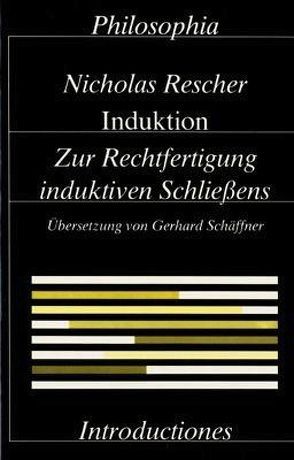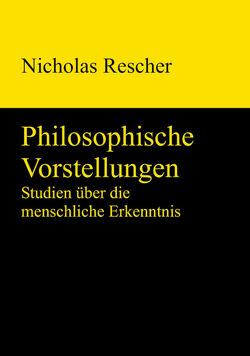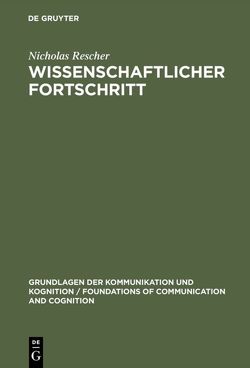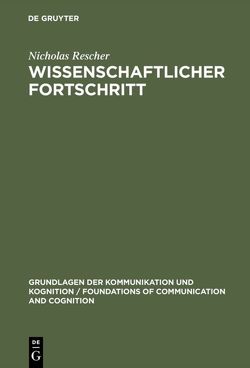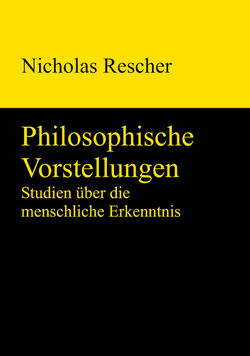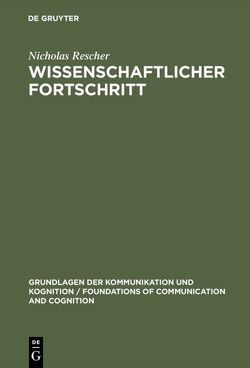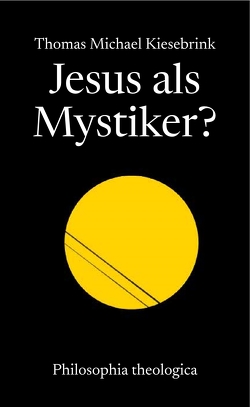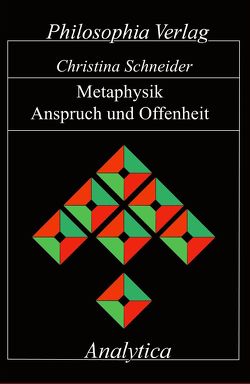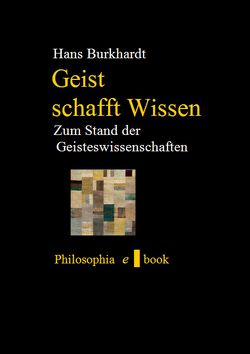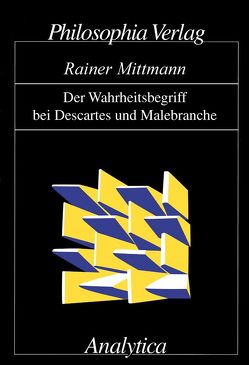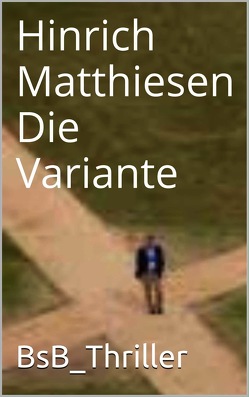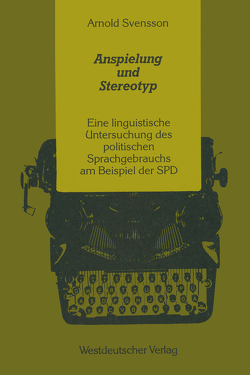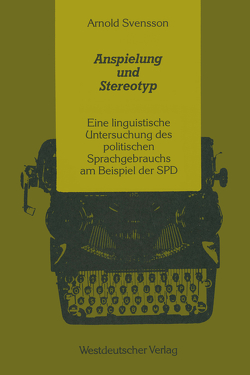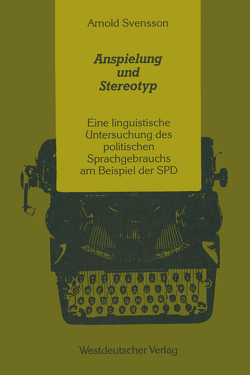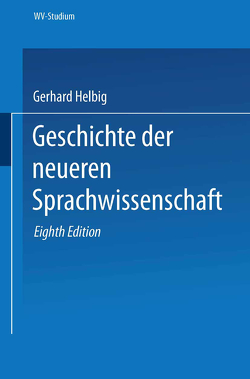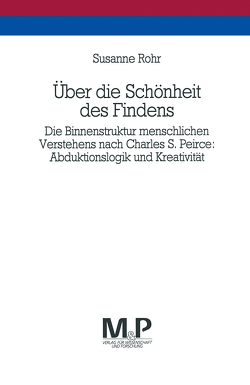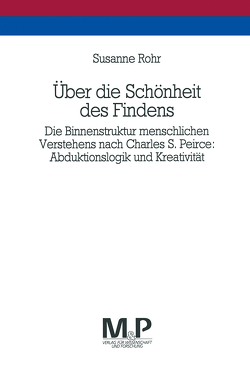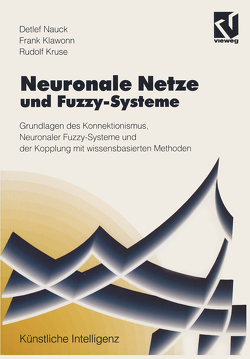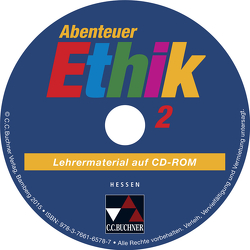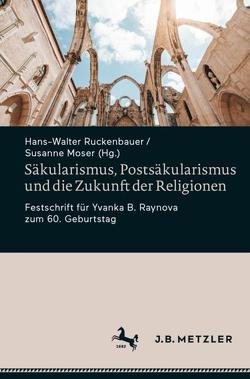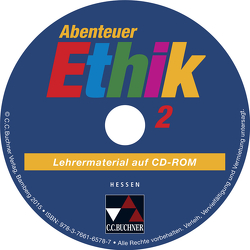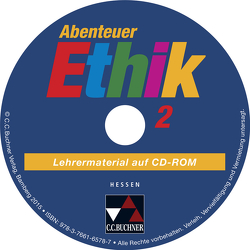Induktion. Zur Rechtfertigung induktiven Schliessens / Induktion
Zur Rechtfertigung induktiven Schliessens
Nicholas Rescher, Gerhard Schäffner
This book grapples with a fundamentally Kantian query: How can our concrete, limited, and particularized experience of nature provide a suitable basis for the claims to generalized knowledge needed to render empirical science possible? Throughout the book induction is understood in the broadest appropriate sense. Rather than construing it narrowly, as a method for reasoning to a universal generalization from its supportive instances, induction is understood to include all of our rational devices for reasoning from evidence in hand to objective facts the world. Induction, thus understood, will encompass the whole of “the scientific method” of reasoning, and in treating of the justification of induction professor Rescher attempts a pragmatic validation of the processes of reasoning in the sciences. Induction is viewed as a method for answering our questions about the world rather than as a characteristic pattern of inference. And, the central question becomes: What sorts of consideration validate our reliance on this scientific method of reasoning? The discussion falls into four parts. Chapter I-III lay out the general structure of the methodological approach to inductive reasoning. The central chapter, IV-VI, develop the specifically pragmatic justification whose elaboration is the raison d’etre of the book. Chapters VII-VIII endeavor to remove some tempting but untenable objections to this approach. Finally, chapters IX-XII indicate the strengths of this approach and examine its advantages over other strategies for the justification of induction. In all, the book presents a rounded argument for a characteristically methodological-pragmatic approach to one of the key classical problems of the philosophical theory of knowledge. Induktion offers a systematic but nonetheless accessible treatment of a standard problem of the philosophy of science. It will be of interest to both professional philosophers and beginning students.
Of interest to:
Philosophers, logicians, linguists, historians of these disciplines
